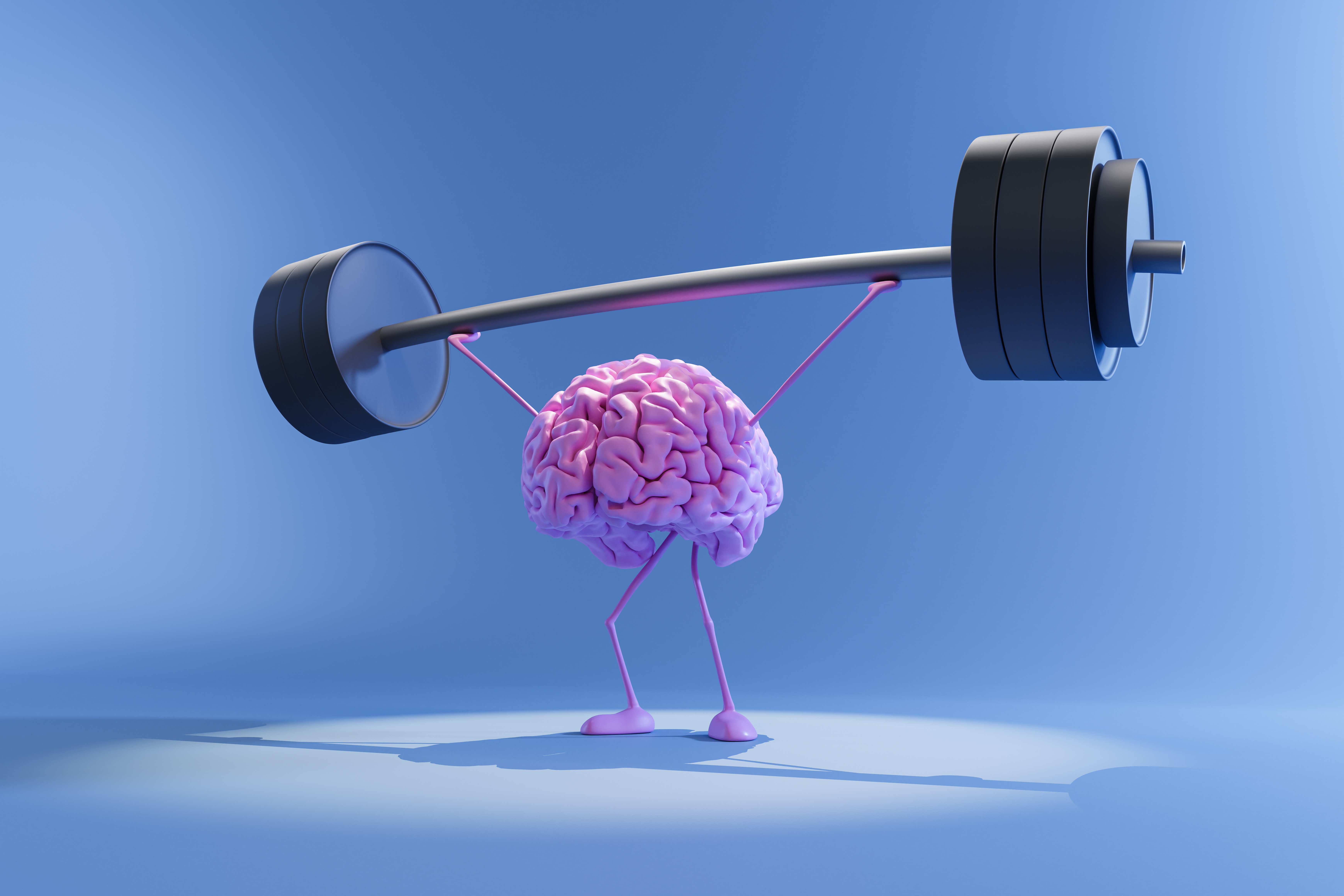Summary
After age 40, people's brains start to slow, with reaction times and memory slightly declining each year. Researchers have found that maintaining good habits like proper sleep, exercise, and controlling health factors can help keep the brain healthy as we age. Studies are focusing on understanding why some people's brains age slower, with genetics, quality sleep, and heart health playing a role.
Key Facts
- Brain function slows after age 40, affecting reaction time and memory.
- This slowdown is usually a normal part of aging, not always a sign of disease.
- MindCrowd is an online test for brain health that has been taken by over 700,000 adults.
- People with "exceptional" brain performance often have habits like good sleep and cardiovascular health.
- Good sleep quality means allowing the brain to go through all sleep stages, not just sleeping more hours.
- Consistent sleep patterns and physical activity improve sleep quality.
- Brain health is also affected by factors such as blood pressure, cholesterol, and diabetes.
- Studies aim to understand brain aging by looking at how the brain works on a detailed level.
